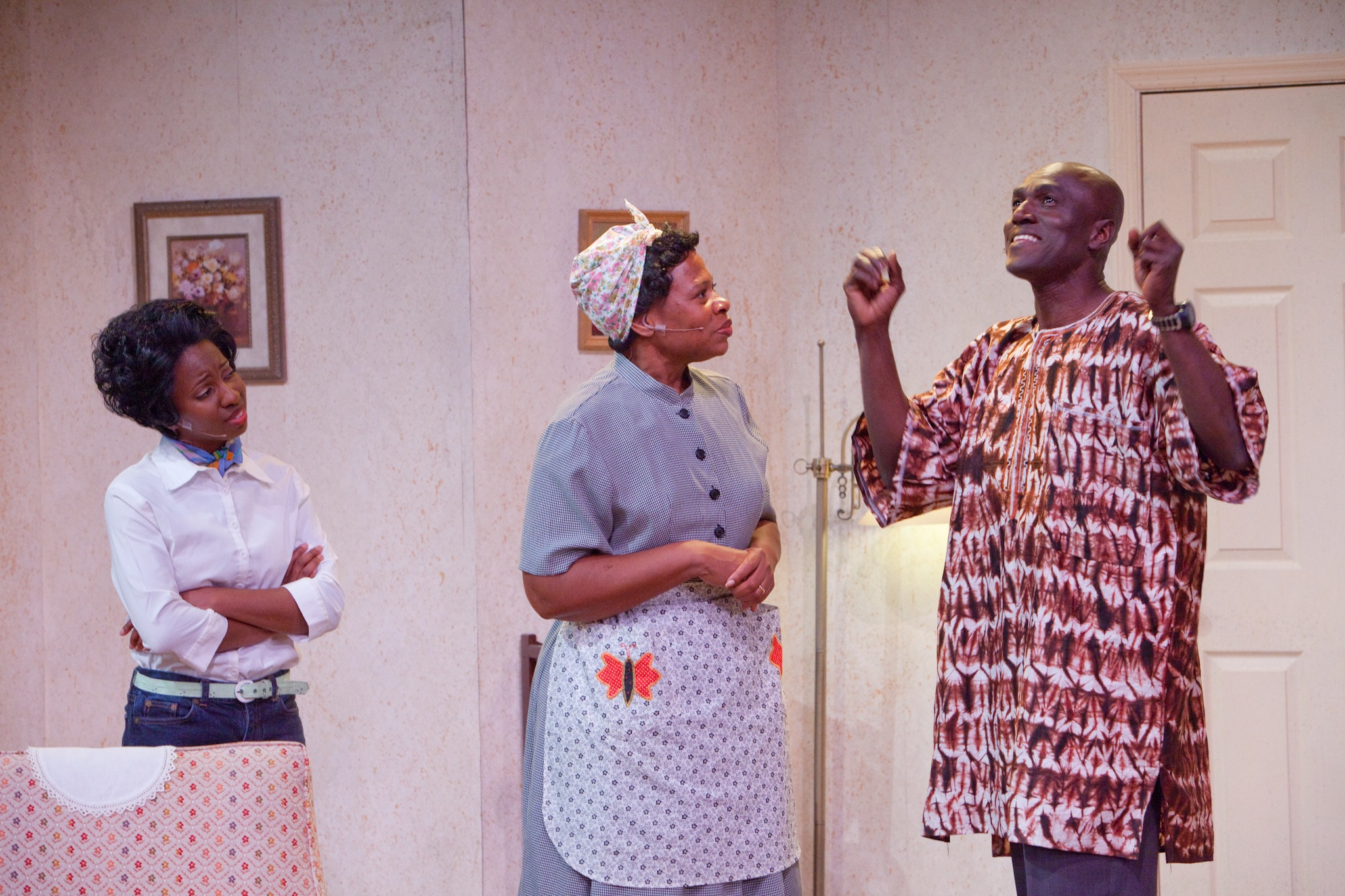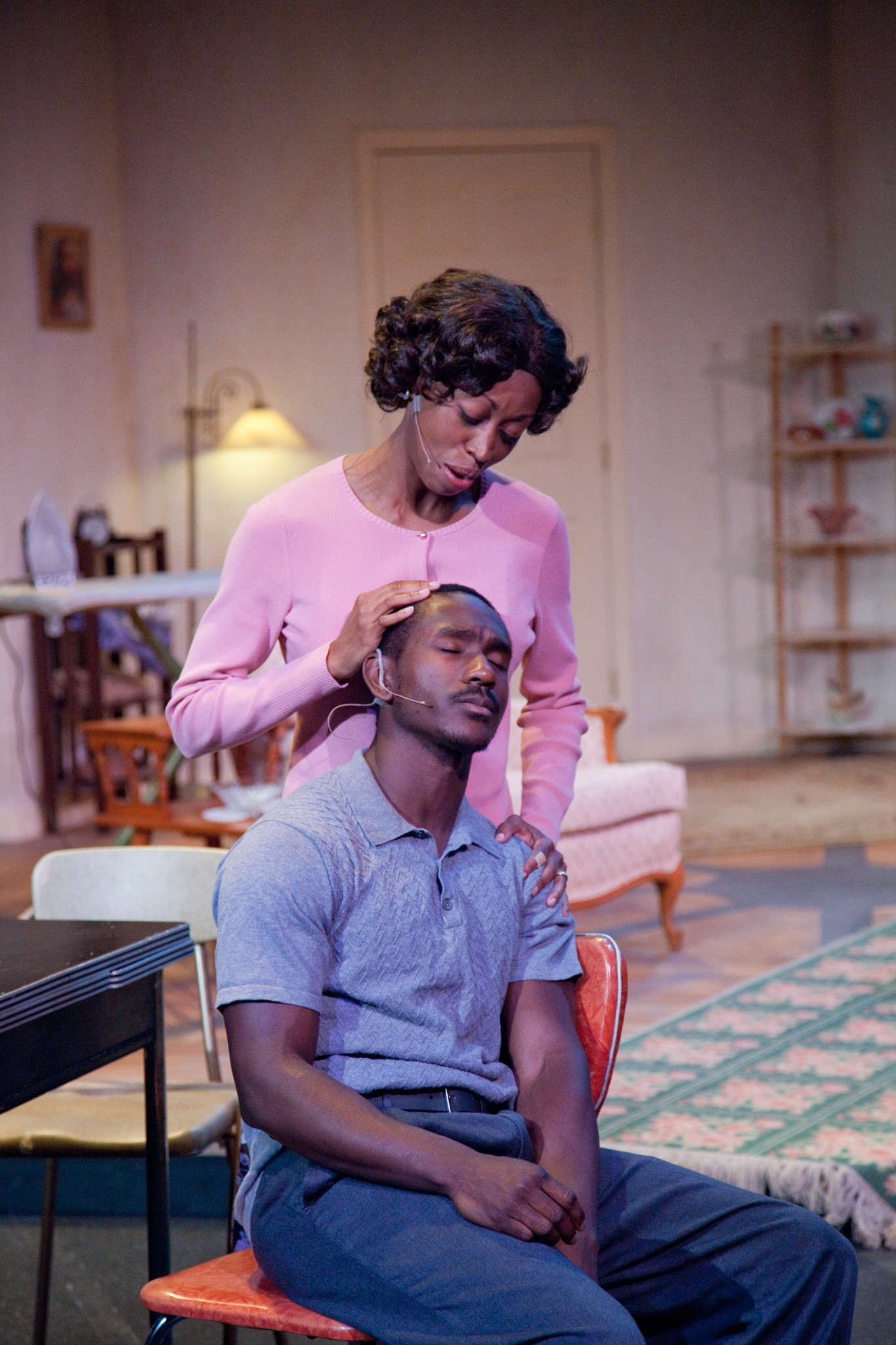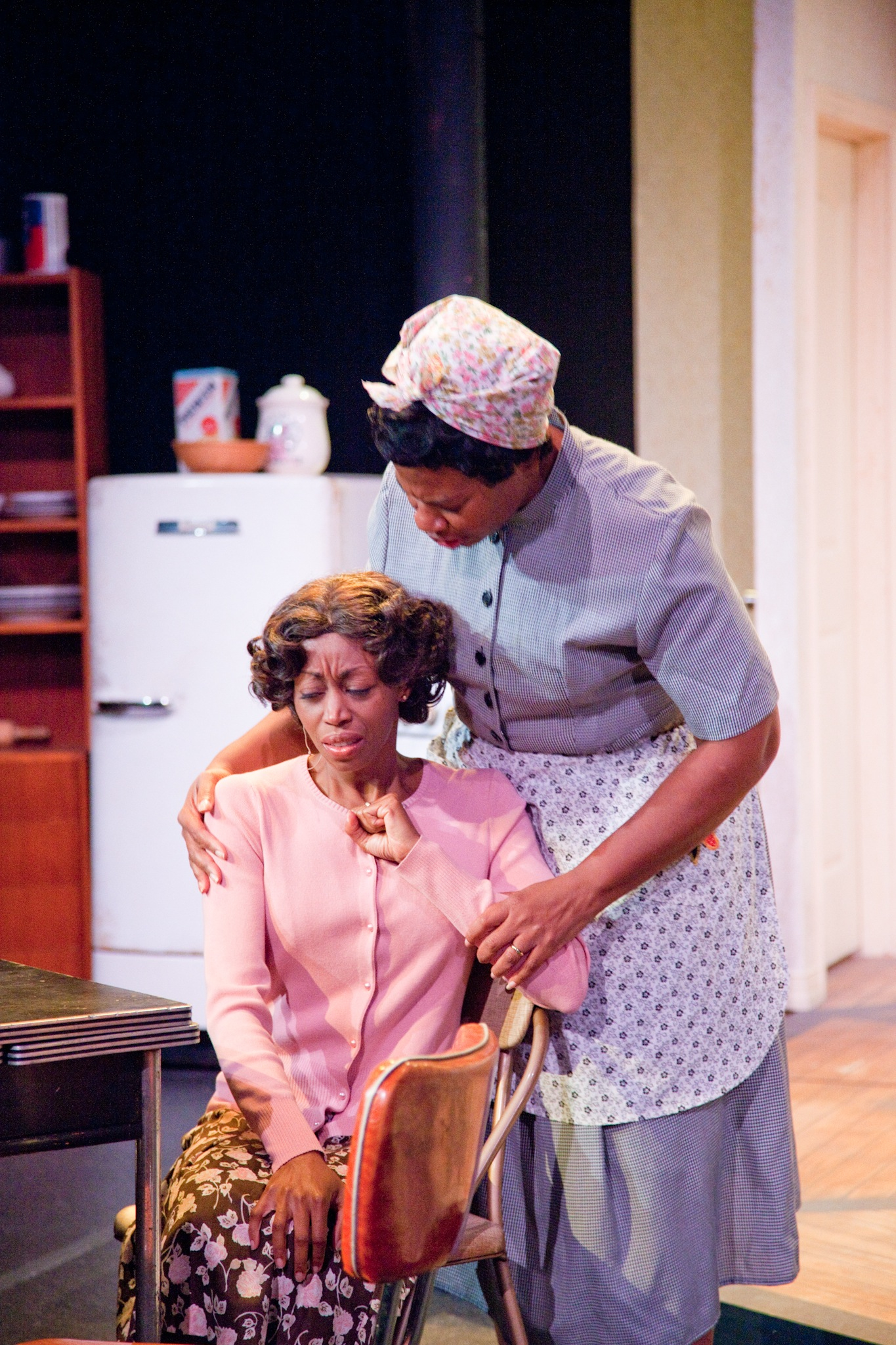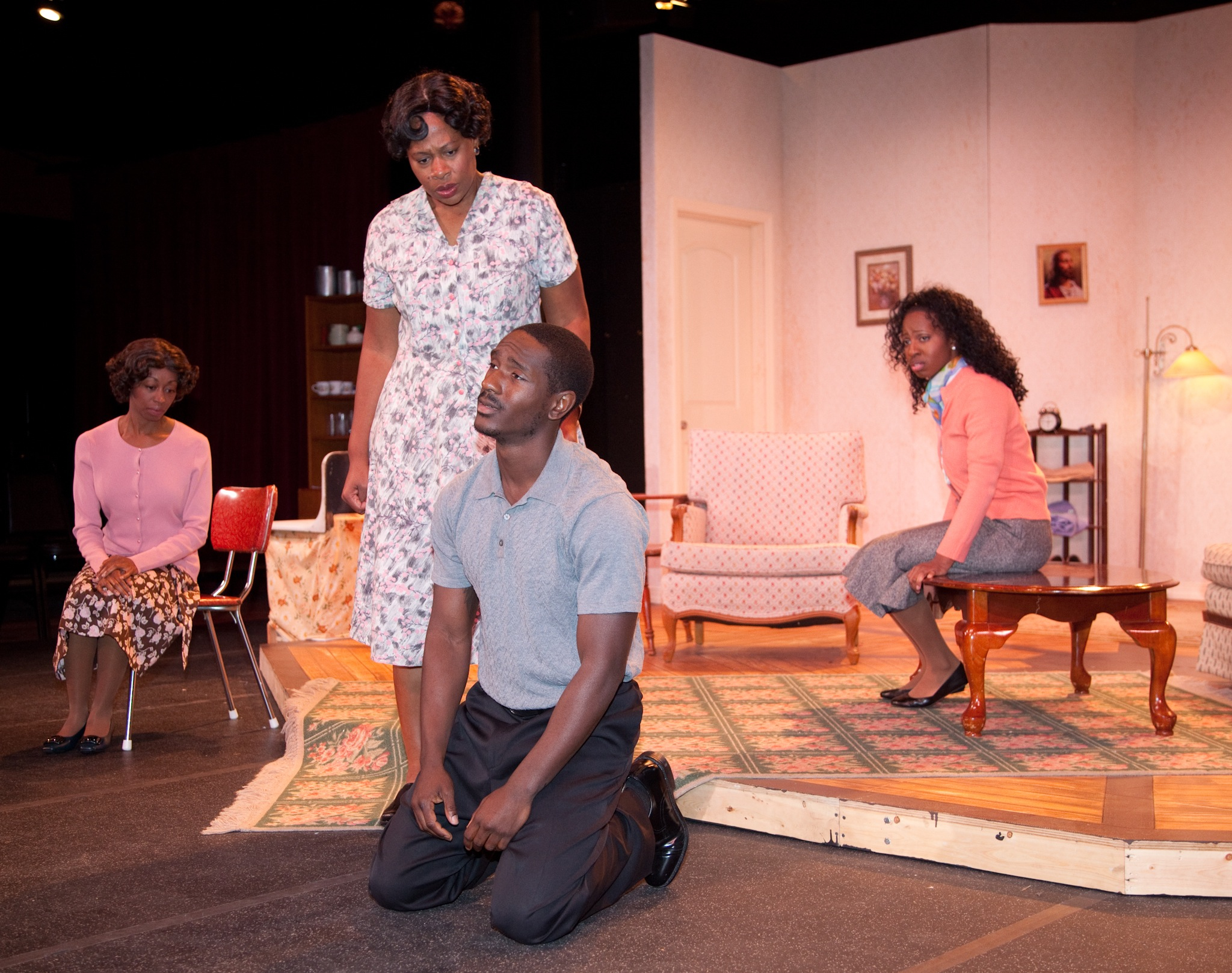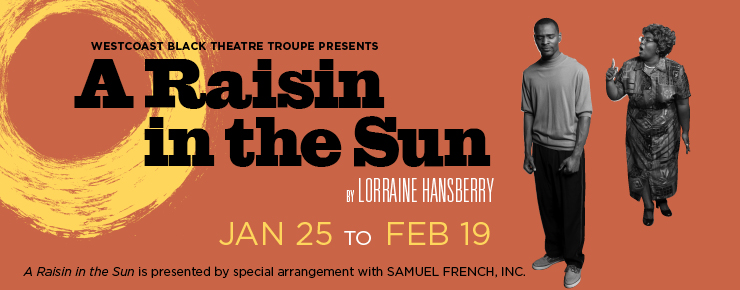
By Lorraine Hansberry
January 25 – February 19, 2012
In this highly acclaimed drama, conflict arises when an insurance check for $10,000 provides the means to fulfill conflicting dreams for a mother and her two children. Hope, racism, feminism and pride are some of the themes in this play about a poor black family's struggle to gain middle-class acceptance in 1950s Chicago. Named the best play of 1959 by the NY Drama Critics’ Circle, and nominated for four Tony Awards, the effects of dreams deferred remain relevant today.
"A play that changed American theater forever" -- The New York Times
A Raisin in the Sun is presented by special arrangement with SAMUEL FRENCH, INC.
Articles
NPR's Morning Edition highlights Hansberry
Wikipedia on A Raisin in the Sun
Interesting facts about A Raisin in the Sun:
- Opened March 10, 1959, starring Sidney Poitier and Ruby Dee, and closed June 25, 1960 after 530 performances
- Noted as first Broadway play written by an African-American woman and directed by an African-American man (Lloyd Richards)
- Inspired by her family's legal battle against the racially segregated housing law in Chicago’s south side
- Considered a turning point in American drama, as it was the first honest depiction of a black family on stage
- Made into a 1961 film starring most of the original Broadway cast, adapted into a Tony award winning musical in 1973, and produced for television in 1989
- The title for A Raisin in the Sun comes from the poem “Harlem” written by Langston Hughes:
What happens to a dream deferred?
Does it dry up
like a raisin in the sun?
Or fester like a sore—
And then run?
Does it stink like rotten meat?
Or crust and sugar over—
like a syrupy sweet?
Maybe it just sags
like a heavy load.
Or does it explode?


